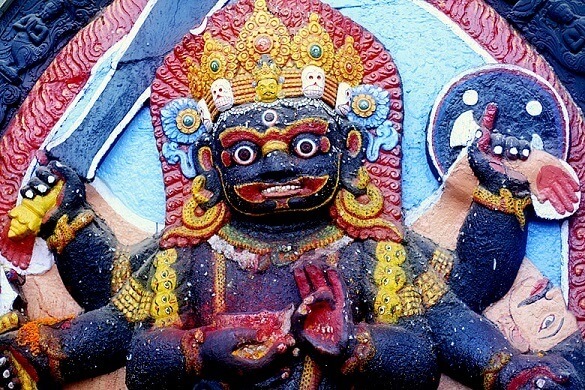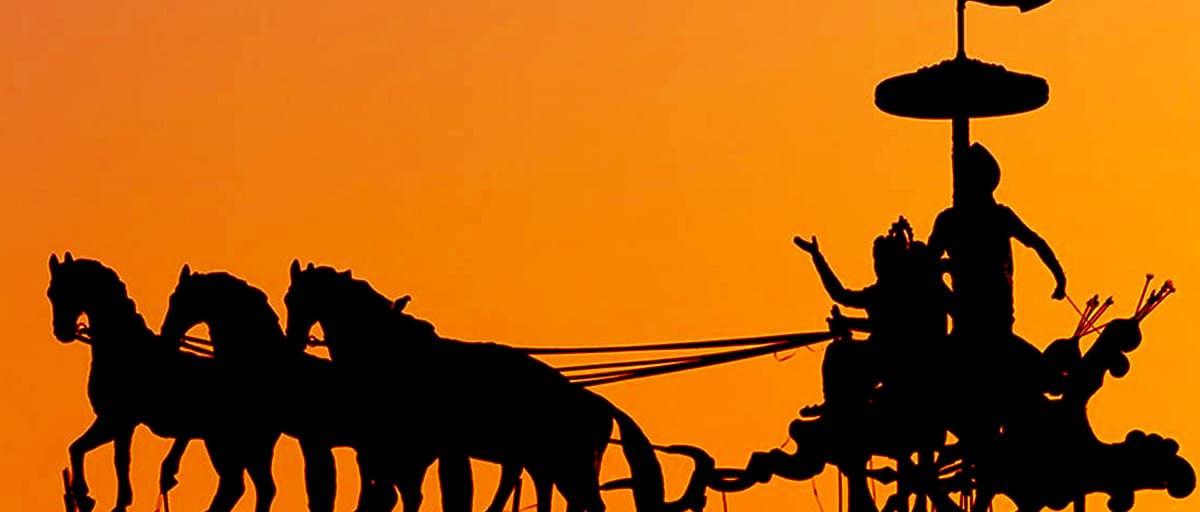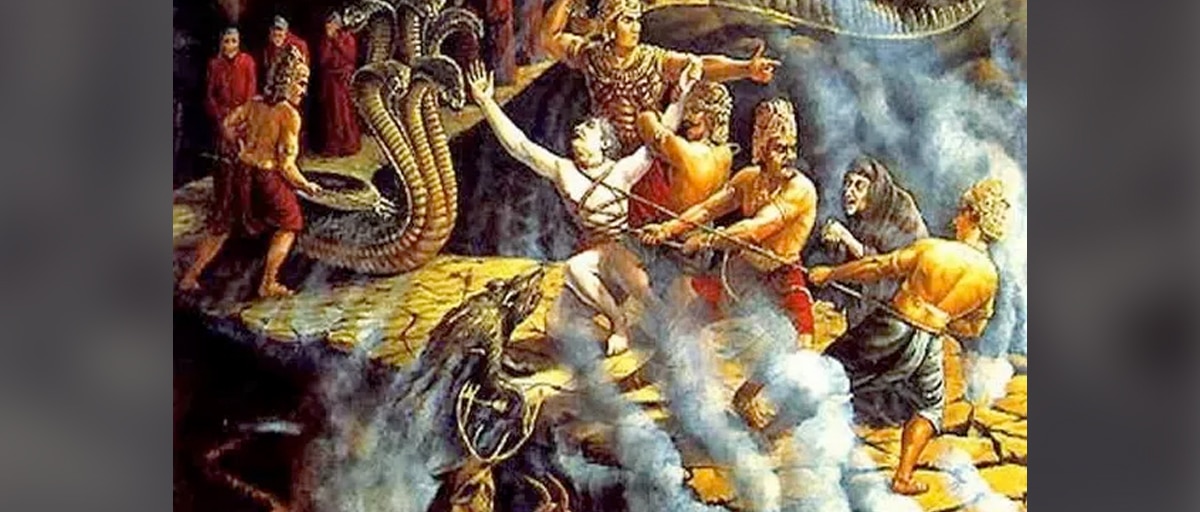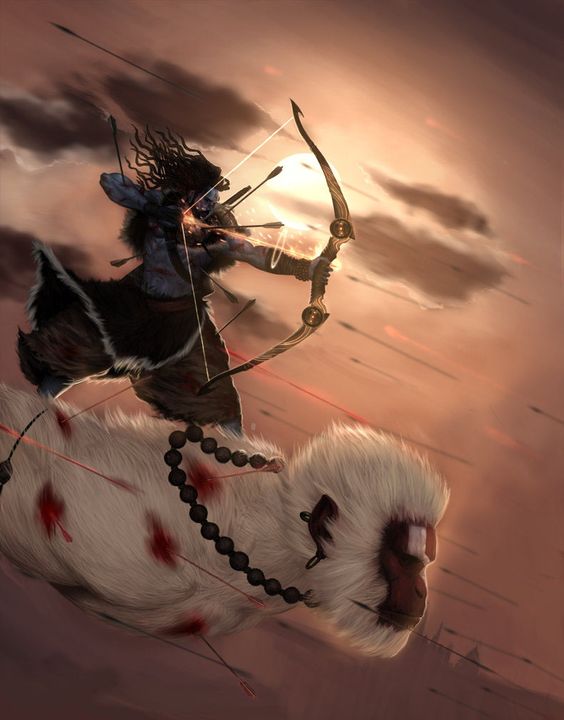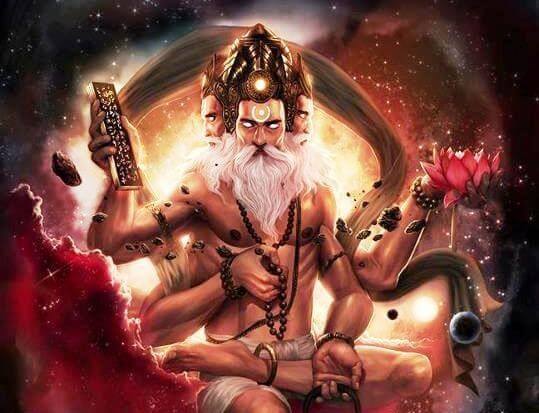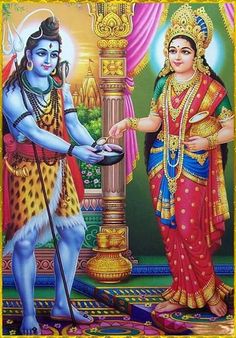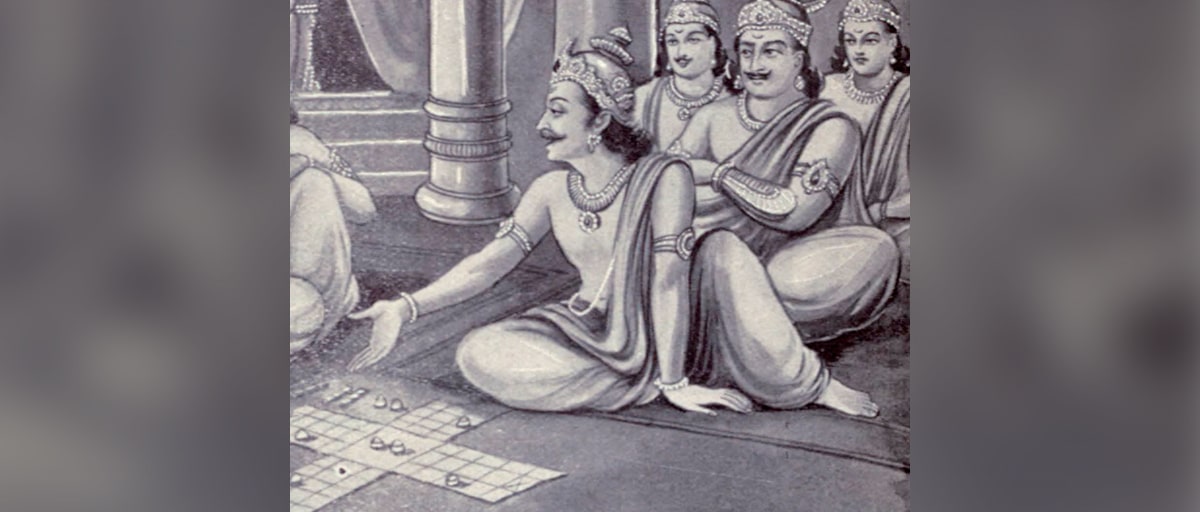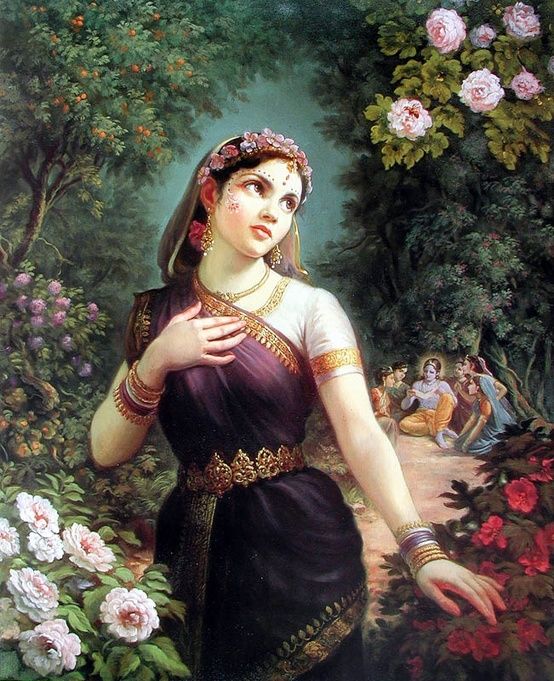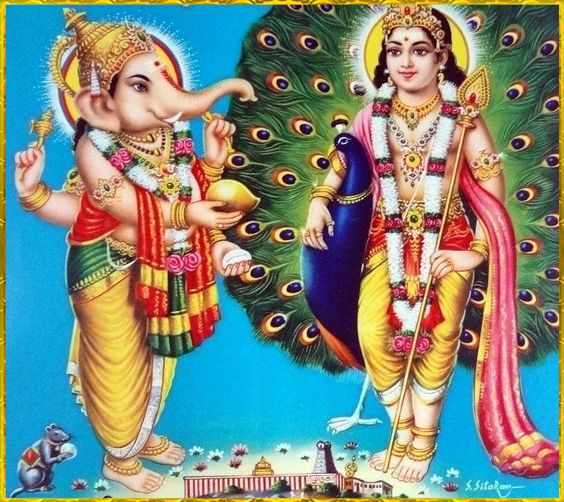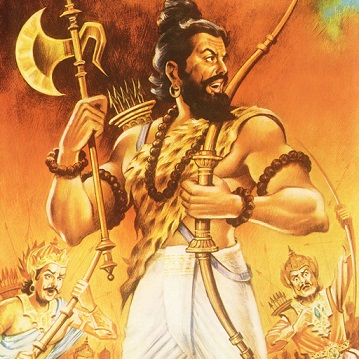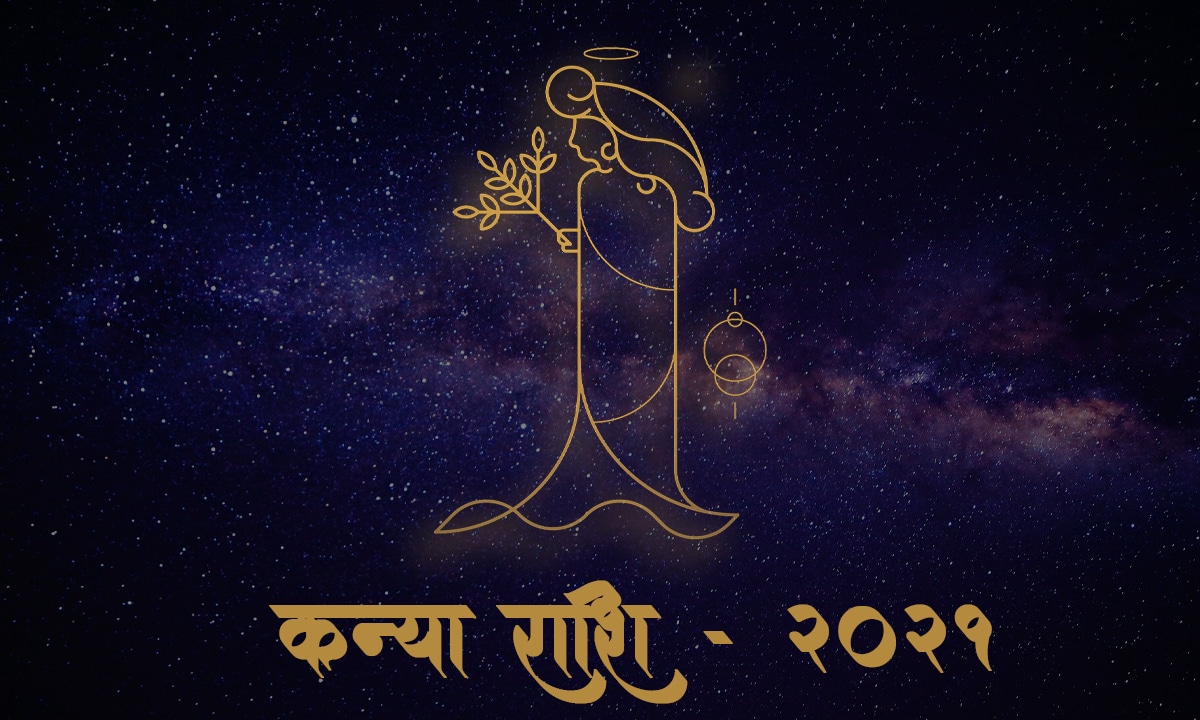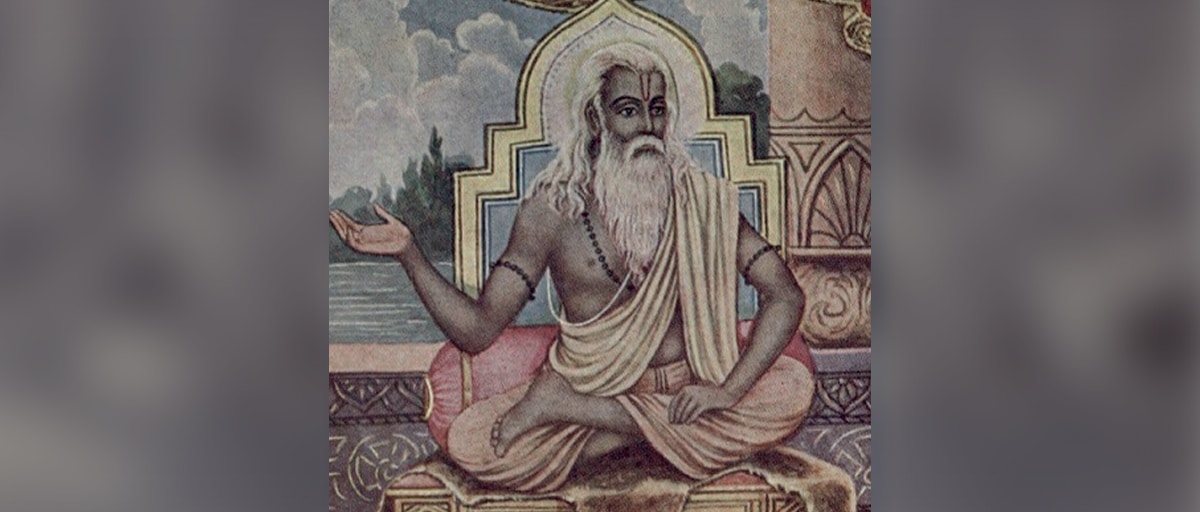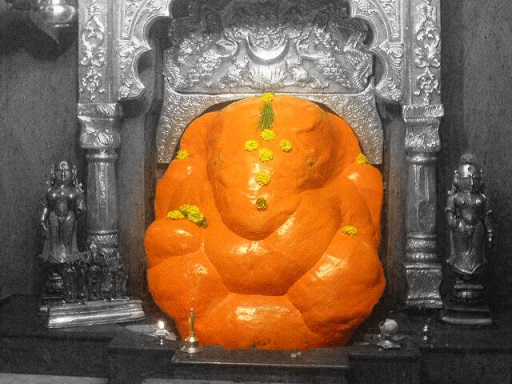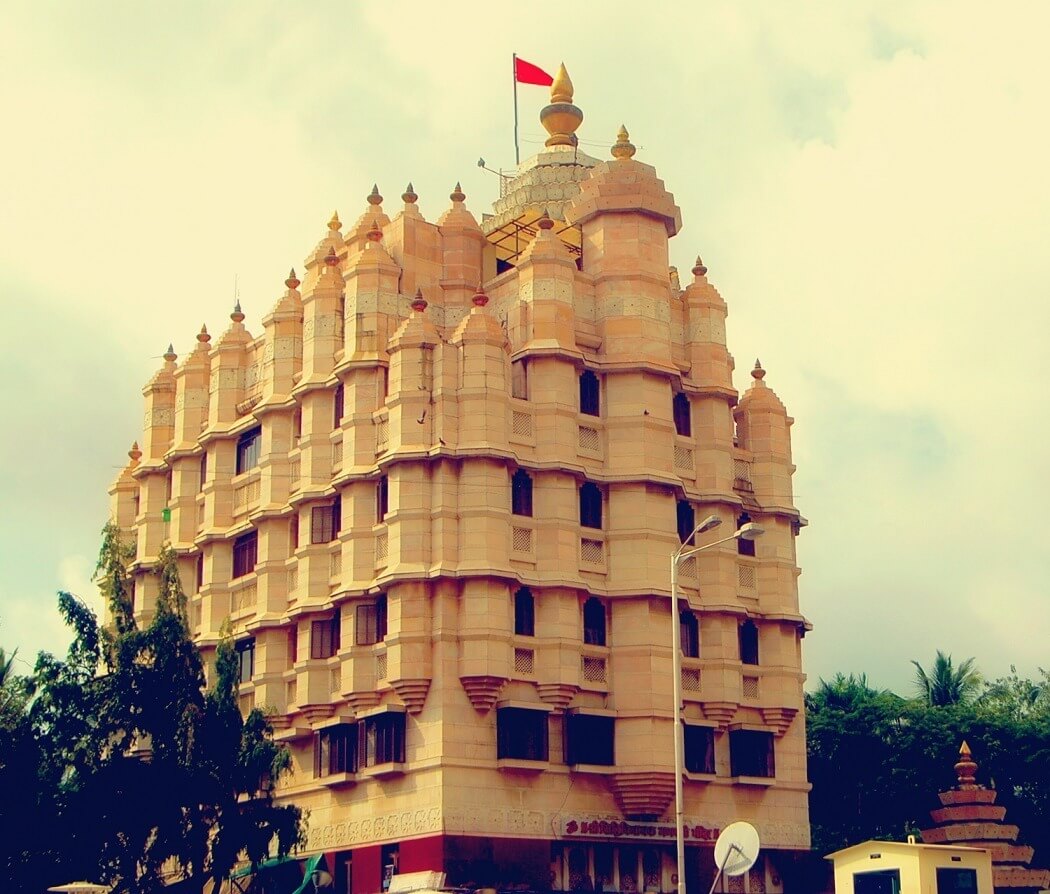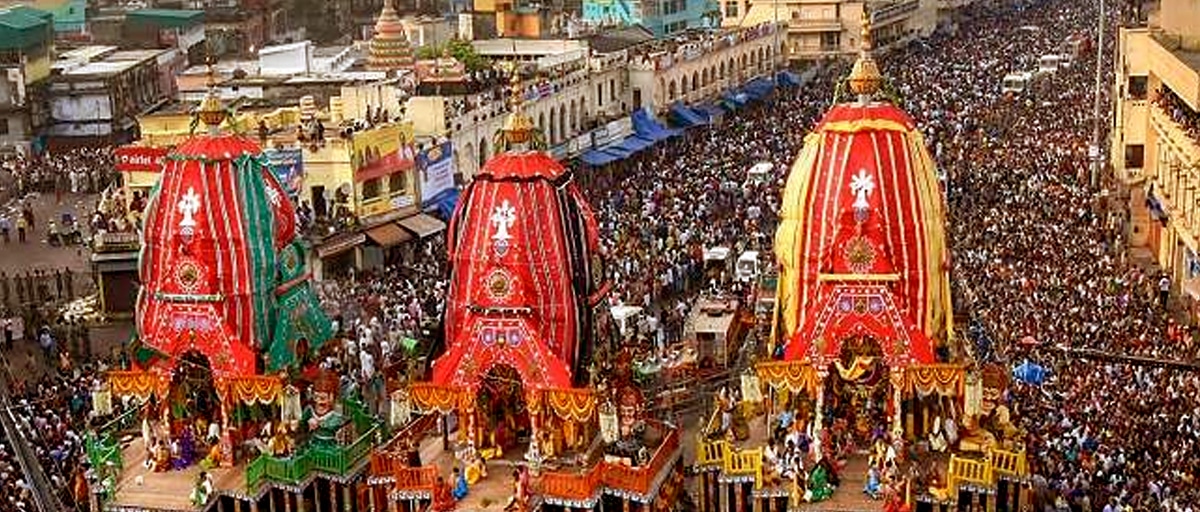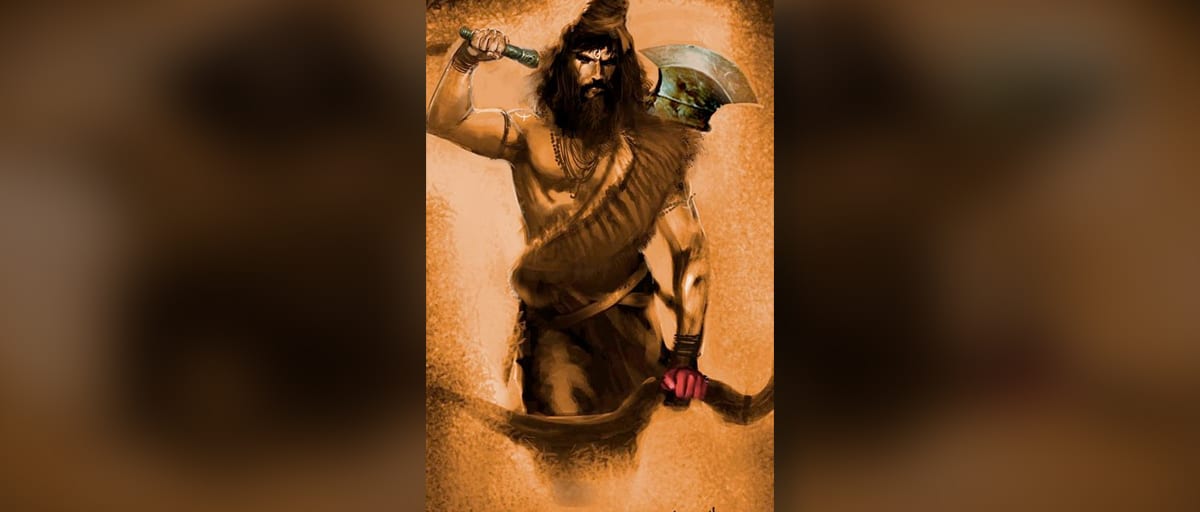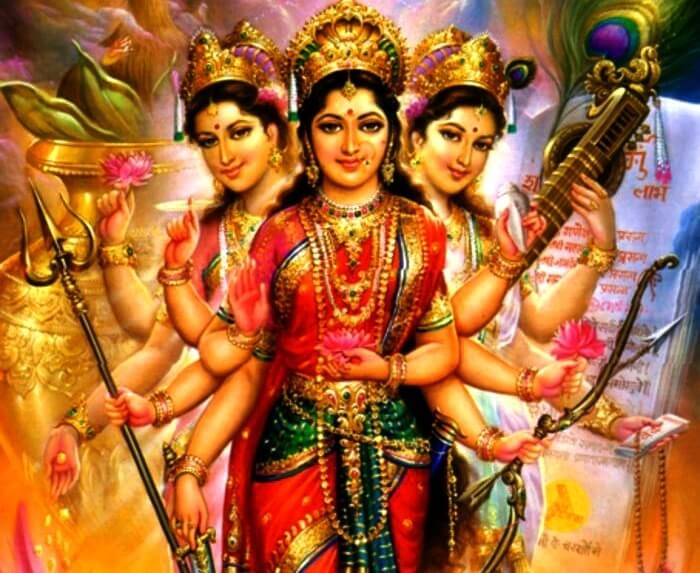Verse 1:
धृतराष्ट्र उवाच |
धर्मक्षेत्रे कुरुक्षेत्रे समवेता युयुत्सवः |
मामकाः पाण्डवाश्चैव किमकुर्वत सञ्जय ||1||
dhṛitarāśhtra uvācha
dharma-kṣhetre kuru-kṣhetre samavetā yuyutsavaḥ
māmakāḥ pāṇḍavāśhchaiva kimakurvata sañjaya
Commentary of this Verse:
King Dhritarashtra, apart from being blind from birth, was also bereft of spiritual wisdom. His attachment to his own sons made him deviate from the path of virtue and usurp the rightful kingdom of the Pandavas. He was conscious of the injustice he had done toward his own nephews, the sons of Pandu. His guilty conscience worried him about the outcome of the battle, and so he inquired from Sanjay about the events on the battlefield of Kurukshetra, where the war was to be fought.
In this verse, the question he asked Sanjay was, what did his sons and the sons of Pandu do, having gathered on the battlefield? Now, it was obvious that they had assembled there with the sole purpose of fighting. So it was natural that they would fight. Why did Dhritarashtra feel the need to ask what they did?
His doubt can be discerned from the words he used—dharma kṣhetre, the land of dharma (virtuous conduct). Kurukshetra was a sacred land. In the Shatapath Brahman, it is described as: kurukṣhetraṁ deva yajanam [v1]. “Kurukshetra is the sacrificial arena of the celestial gods.” It was thus the land that nourished dharma. Dhritarashtra apprehended that the influence of the holy land of Kurukshetra would arouse the faculty of discrimination in his sons and they would regard the massacre of their relatives, the Pandavas, as improper. Thinking thus, they might agree to a peaceful settlement. Dhritarashtra felt great dissatisfaction at this possibility. He thought if his sons negotiated a truce, the Pandavas would continue to remain an impediment for them, and hence it was preferable that the war took place. At the same time, he was uncertain of the consequences of the war, and wished to ascertain the fate of his sons. As a result, he asked Sanjay about the goings-on at the battleground of Kurukshetra, where the two armies had gathered.
Source: bhagwatgeeta.org





